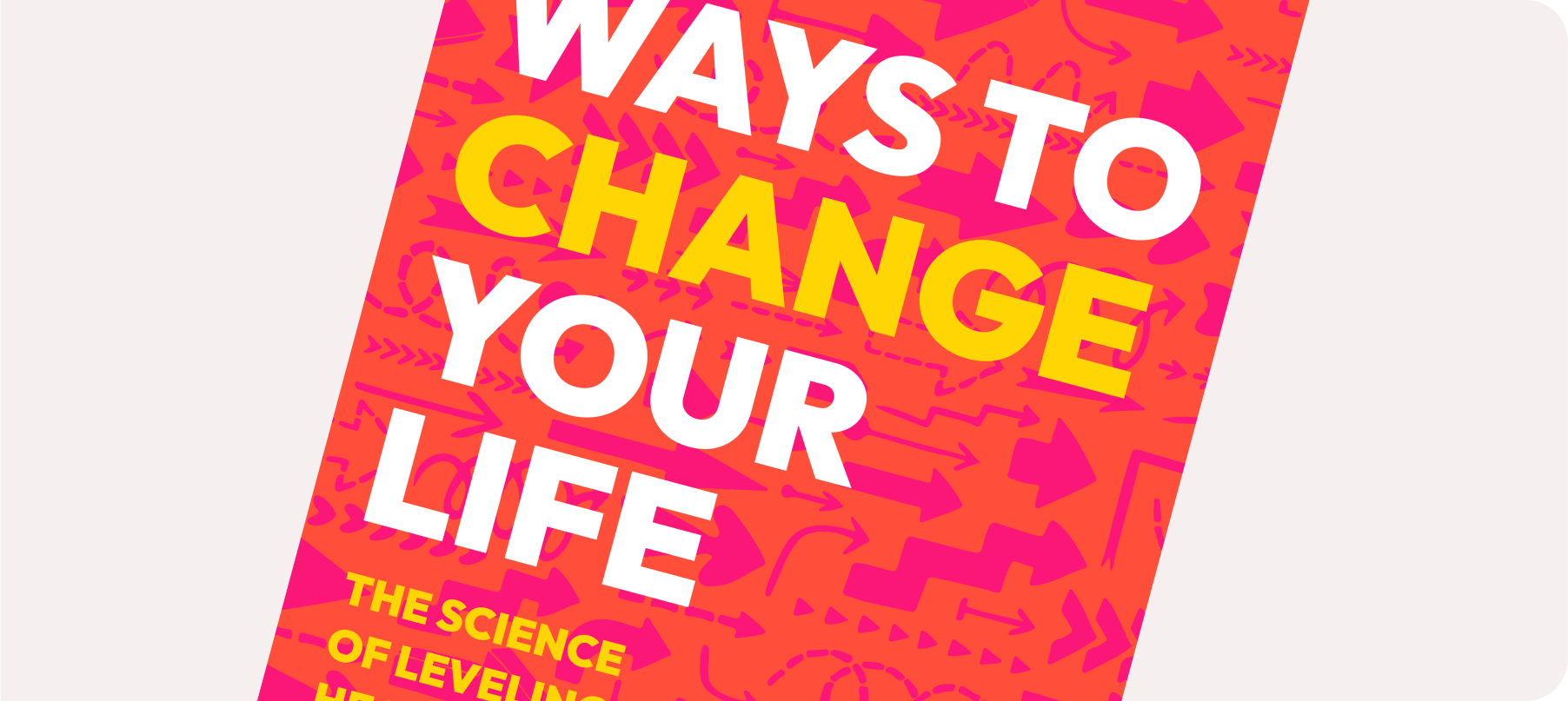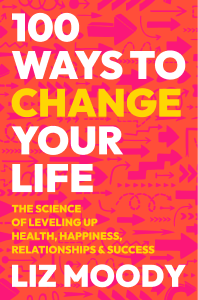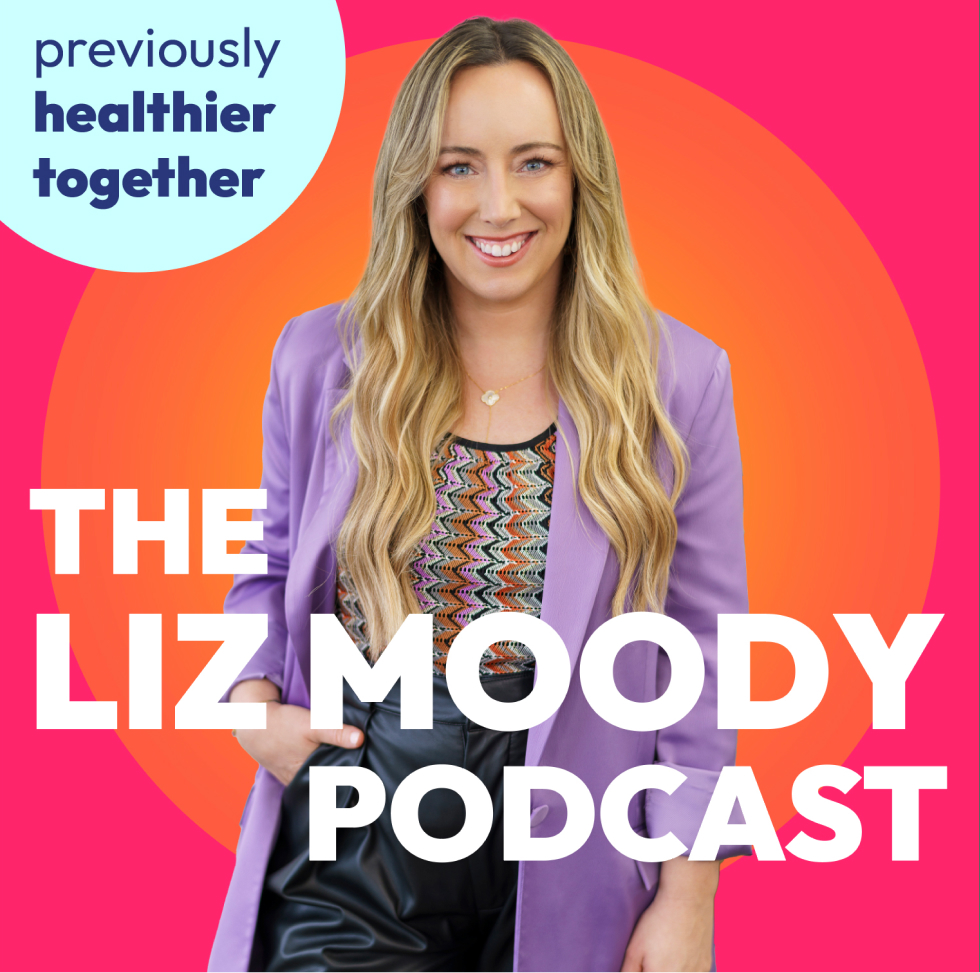Lauren Papanos, RDN certified in functional endocrinology, dissects your reproductive hormones and what’s impacting them, the optimal diet and exercise to support your menstrual health, how to lighten the impact of PMS and cramps, and more.
Lauren and Liz dive into the ways in which birth control is actually affecting your body, how to keep toxins away from your reproductive system, how to know whether or not you’re really ovulating, and SO much more.
- 1:39 Cramps
- 3:00 Ovulation
- 4:10 Is Cycle Syncing Legit?
- 7:32 Workouts and Periods
- 10:02 Cycle Length
- 10:47 Progesterone
- 13:24 Cortisol
- 15:55 Perimenopause
- 17:29 Three Phases of Liver Metabolism
- 19:00 IUDs
- 20:45 Going Off of Birth Control
- 24:20 Anti-inflammatory Support
- 26:37 Toxicity in Menstrual Products
For more from Lauren, you can find her on Instagram at @functional.fueling or her website, www.functionalfueling.com. You can listen to her podcast, The Strength In Hormones Podcast, on whatever platform you love to listen on. Listen to her first episode on The Liz Moody Podcast, What Social Media Gets WRONG About Hormones: A Guide To What’s Real & What’s BS.
Ready to uplevel every part of your life? Order Liz’s new book 100 Ways to Change Your Life: The Science of Leveling Up Health, Happiness, Relationships & Success now!
To join The Liz Moody Podcast Club Facebook group, go to www.facebook.com/groups/thelizmoodypodcast.
Connect with Liz on Instagram @lizmoody, or subscribe to her newsletter by visiting www.lizmoody.com.
This episode is sponsored by:
AG1: visit drinkag1.com/lizmoody and get your FREE year supply of Vitamin D and 5 free travel packs today.
ARMRA: go to tryarmra.com/LIZMOODY or enter LIZMOODY to get 15% off your first order.
Naväge: go to Navage.com/LIZMOODY and use the promo code LIZMOODY for a free cleaning kit with your starter pack.
The Liz Moody Podcast cover art by Zack. The Liz Moody Podcast music by Alex Ruimy.
Formerly the Healthier Together Podcast.
This podcast and website represents the opinions of Liz Moody and her guests to the show. The content here should not be taken as medical advice. The content here is for information purposes only, and because each person is so unique, please consult your healthcare professional for any medical questions.
The Liz Moody Podcast Episode 271.







